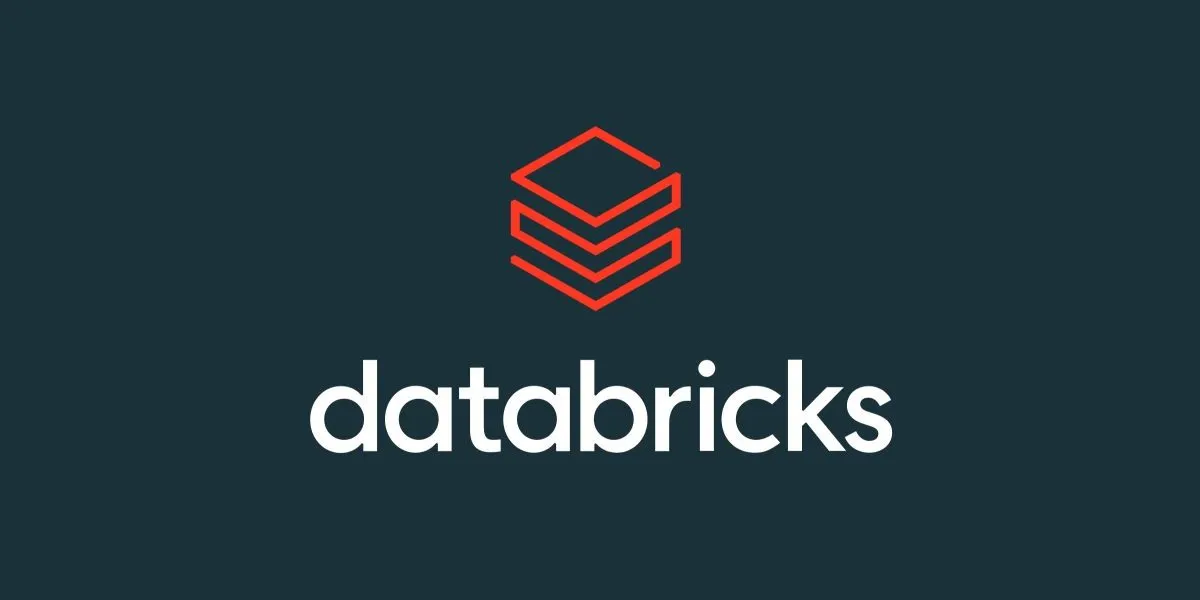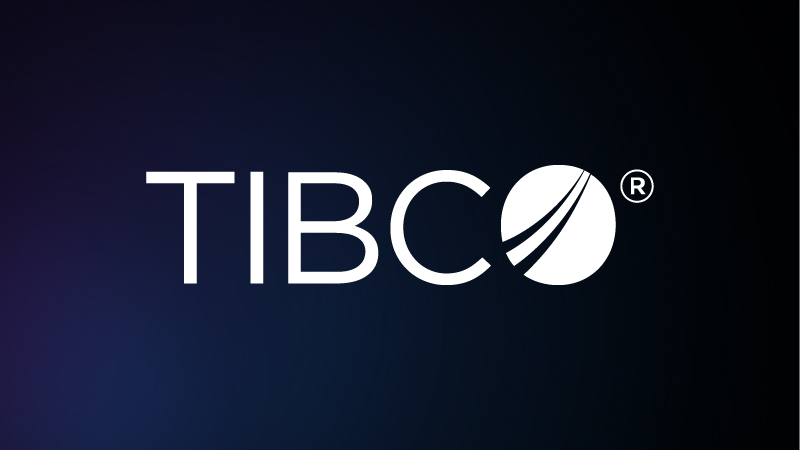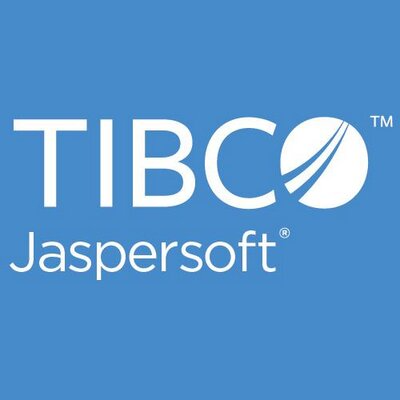Description
Course Overview: “Mastering Databricks: From Fundamentals to Advanced Analytics” is a comprehensive 40-hour training program designed to equip participants with a thorough understanding of Databricks, a leading unified data analytics platform. This course will cover everything from the basic concepts and functionalities of Databricks to advanced analytics and machine learning techniques. The training is structured into 10 sessions of 4 hours each, allowing for a balanced blend of theory and hands-on practice.
Target Audience:
Mastering Databricks is ideal for:
- Data Engineers looking to build and optimize data pipelines using Databricks.
- Data Scientists interested in leveraging Databricks for big data and machine learning projects.
- IT Professionals who want to understand the architecture and operations of Databricks.
- Analytics Professionals aiming to integrate Databricks into their BI and data science workflows.
- Developers who need to utilize Databricks for scalable data processing and analytics.
Course Objectives:
- Gain a deep understanding of Databricks architecture and its role in data analytics.
- Learn how to set up, manage, and optimize Databricks clusters.
- Master the process of data ingestion, transformation, and analysis using Apache Spark on Databricks.
- Explore advanced topics like Delta Lake for data versioning, and MLflow for machine learning lifecycle management.
- Develop the skills to write and optimize Spark jobs, perform complex data transformations, and build machine learning models.
- Integrate Databricks with other BI tools and platforms to drive business insights.
Prerequisites of Mastering Databricks
To get the most out of this course, participants should meet the following prerequisites:
- Foundational Knowledge of Big Data:
- Understanding of key big data concepts and technologies such as Hadoop, Spark, and data lakes.
- Familiarity with the principles of distributed computing.
- Programming Proficiency:
- Basic to intermediate experience with Python or Scala, as these are the primary languages used in Databricks.
- A solid grasp of SQL for querying and managing data.
- Cloud Computing Fundamentals:
- Familiarity with cloud platforms like AWS, Azure, or Google Cloud, as Databricks operates in cloud environments.
- Understanding of cloud storage services (e.g., Amazon S3, Azure Data Lake Storage) is beneficial.
- Data Engineering Concepts:
- Knowledge of ETL (Extract, Transform, Load) processes and data pipeline architecture.
- Basic understanding of data warehousing, data modeling, and data integration.
- Version Control:
- Familiarity with version control systems, especially Git, to manage code and collaborate effectively.
- Basic Mathematics and Statistics:
- An understanding of basic statistical methods and mathematical principles used in data analysis and machine learning.
Table of contents Mastering Databricks
By the end of Mastering Databricks training, participants will have mastered Databricks, enabling them to handle big data processing, advanced analytics, and machine learning tasks with confidence. They will be equipped with the knowledge and skills needed to implement, manage, and optimize data-driven solutions in any organization.







Reviews
There are no reviews yet.